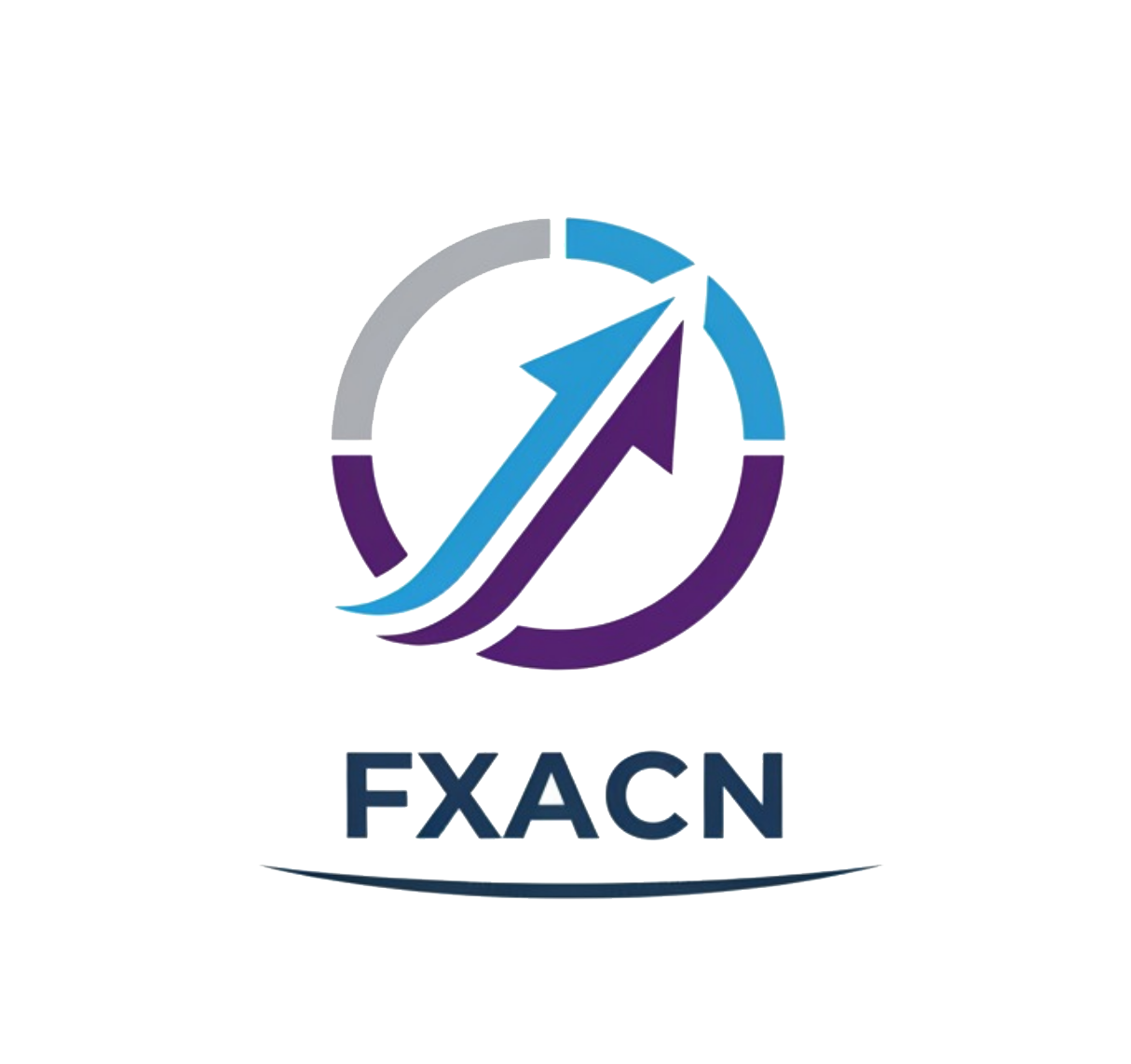Introduction
Inzo is a relatively new player in the forex market, having been established in 2021 and headquartered in Saint Vincent and the Grenadines. Positioned as an offshore broker, Inzo offers a variety of trading instruments, including forex, commodities, and indices, aiming to attract both novice and experienced traders. However, the rise of unregulated forex brokers has made many traders cautious, emphasizing the need for a thorough evaluation before engaging with such firms. This article employs a comprehensive assessment framework, drawing from various online reviews and regulatory insights, to analyze whether Inzo operates as a legitimate trading entity or if it may pose risks for users.
Regulation and Legitimacy
The regulatory status of a forex broker is crucial for safeguarding client interests and ensuring fair trading conditions. Inzo is regulated by the Seychelles Financial Services Authority (FSA) and holds a license number SD 163. However, it operates in a jurisdiction that is often criticized for its lax regulatory standards. The lack of robust regulatory oversight raises significant concerns about security and protection for traders.
| Regulatory Authority | License Number | Regulatory Region | Verification Status |
|---|---|---|---|
| Seychelles FSA | SD 163 | Seychelles | Verified |
Seychelles is recognized as a domain for many offshore brokers, which can sometimes lead to increased risks for traders due to insufficient regulatory protection. While Inzo’s operation under the FSA does provide some level of oversight, it does not equate to the more stringent regulations found in regions like the UK or EU. Furthermore, there have been several complaints regarding Inzo’s operational practices, hinting at potential regulatory lapses. Thus, assessing the overall safety when asking the pivotal question, “Is Inzo safe?” becomes essential.
Company Background Investigation
Inzo was established in 2021 and is officially registered as Inzo Group Ltd. Since its inception, the firm has grown quickly, targeting a global clientele while frequently updating its service offerings and trading conditions. However, there is little publicly available information regarding its ownership structure or the management team’s qualifications.
Lack of transparency surrounding company information can be a red flag. It raises concerns about accountability and trustworthiness. Potential clients are advised to investigate any broker’s background thoroughly, including information about its founders and executive management, to gauge their experience in the trading industry. Without this clarity, it’s challenging to ascertain whether Inzo can be trusted to manage clients’ funds and provide fair trading conditions.
Trading Conditions Analysis
When evaluating any broker, an essential factor to consider is the trading cost structure. Inzo offers various account types, each with differing spreads and fees. A careful examination of their fee policies reveals that while some account options have appealing initial deposit requirements, hidden fees may exist.
| Fee Type | Inzo | Industry Average |
|---|---|---|
| Major Currency Pair Spread | 0.8 pips | 0.2 – 0.5 pips |
| Commission Structure | Yes ($4-$8 per lot) | Varies |
| Overnight Interest Range | Not disclosed | Standard 0.5 – 2% |
Though Inzo permits a low initial deposit for its accounts, its spread for major currency pairs appears higher than the industry average. Additionally, charging commissions on trades raises potential concerns, as many brokers with similar offerings do not impose this fee, which translates into higher trading costs for users. Hence, when questioning “Is Inzo safe?” it is vital to consider the overall trading cost burden placed upon users, indicating an underlying risk to profitability.
Client Fund Safety
The safety of client funds is paramount in assessing any broker’s legitimacy. Inzo indicates that it maintains client funds in segregated accounts, providing an essential layer of protection against insolvency. However, the details surrounding the implementation and enforcement of this policy remain unclear, which raises alarms about the actual security measures in practice.
Additionally, there is no indication that Inzo participates in investor compensation schemes, which can provide a safety net in cases of broker default or fraud. Despite claiming to implement Know Your Customer (KYC) and Anti-Money Laundering (AML) policies, the rigorousness of these measures cannot be verified due to the lack of oversight. This lack of assurances leads to the pressing issue of trustworthiness when analyzing whether “Is Inzo safe?” for traders.
Customer Experience and Complaints
Customer reviews provide valuable insight into a broker’s reliability and service quality. Inzo has garnered a mixed response from users across various platforms. The predominant feedback highlights commendation for customer support but also reports of withdrawal difficulties and inconsistent communication.
| Complaint Type | Severity | Company Response |
|---|---|---|
| Withdrawal Issues | High | Slow Response |
| Transparency | Medium | Rare Communication |
| Platform Bugs | Medium | Addressed in Parts |
One notable case involves a user who struggled for months to withdraw funds, only to receive vague assurances without actionable solutions from Inzo. Such experiences are alarming and undermine the confidence that clients should have in their broker. Therefore, potential traders must weigh these customer experiences carefully when considering whether “Is Inzo safe?” or if it reflects deeper underlying issues in customer relations.
Trading Platforms and Execution
Inzo provides access to widely-utilized trading platforms, namely MetaTrader 5 (MT5) and cTrader. These platforms are favored for their intricate features and user interfaces. However, despite the attractive platforms, concerns have been raised about order execution quality, with instances of slippage and order rejections reported by some users.
User feedback points to moments where market orders were not executed at the expected prices, which raises questions about reliability. Prompt trade execution, particularly in forex markets, is critical to capitalize on market movements effectively. Traders should remain vigilant and consider the execution reliability offered by Inzo while asking, “Is Inzo safe?” when contemplating placing significant trades.
Risk Assessment
Using Inzo for trading carries a notable integrated risk. Without the safety net of complete regulation and clarity in operations, users should approach this broker cautiously.
| Risk Category | Risk Level (Low/Medium/High) | Brief Description |
|---|---|---|
| Regulatory Compliance | High | Operates under offshore regulation |
| Fund Security | Medium | No investor compensation schemes |
| Transparency | High | Limited information available |
Traders considering Inzo should carefully assess their risk tolerance, contemplating the significant regulatory risks and unresolved customer service shortcomings. Implementing rigorous risk management strategies, such as setting stop-loss orders and maintaining small positions, can mitigate some risks associated with trading through Inzo.
Conclusion and Recommendations
In summary, the evidence points towards a notable concern regarding the safety and legitimacy of Inzo as a forex broker. While the broker offers attractive trading conditions and advanced platforms, multiple critical red flags—such as regulatory concerns, high trading costs, and customer service complaints—emerge when investigating its overall reliability.
For traders seeking to navigate the complexities posed by Inzo, it is advisable to consider alternatives that offer stronger regulatory oversight and transparent operations. Recommended options include brokers with higher reputations and comprehensive regulatory frameworks. As potential users weigh their choices, keeping the question “Is Inzo safe?” at the forefront will help ensure they approach their trading endeavors with adequate caution.


